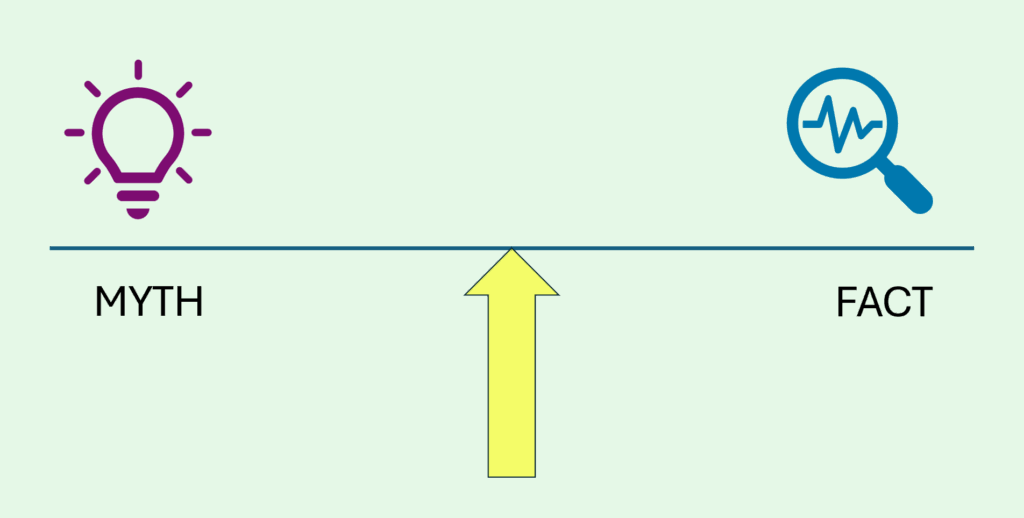Ask almost any driver about their auto insurance, and you’ll often hear the phrase, “I have full coverage.” It sounds comprehensive and reassuring—like everything is taken care of. But here’s the truth…
There is no official insurance policy called “full coverage.”
“Full coverage” is a misleading and informal term. It often leads people to believe they’re protected in every possible situation, when in reality, they may have serious gaps in their insurance.
In this blog, we’ll explain what “full coverage” typically includes and break down the most common myths surrounding it.
Myth #1: “Full coverage means everything is covered, no matter what.”
Reality:
Most people think “full coverage” protects against all damages, losses, or liability—but it doesn’t. The term usually refers to a combination of:
- Liability coverage (required by law)
- Collision coverage (repairs your car after an accident)
- Comprehensive coverage (covers events like theft, fire, vandalism, and natural disasters)
However, this combination does not cover:
- Your medical expenses (unless you add medical payments or personal injury protection)
- Roadside assistance or rental reimbursement
- Damage caused by uninsured or underinsured drivers (unless you add that coverage)
- Mechanical breakdowns or regular wear and tear
- Business use of your vehicle, such as rideshare driving
Simply put, “full” does not mean “everything.”
Myth #2: “Full coverage means I won’t have to pay anything out-of-pocket.”
Reality:
Even with collision and comprehensive coverage, you are still responsible for:
- Your deductibles (commonly $500 or $1,000)
- Uncovered losses or events
- Additional costs for rental cars, towing, or temporary transportation if you don’t have specific add-ons
“Full coverage” doesn’t eliminate your financial responsibility. It’s important to know your deductible and policy exclusions.
Myth #3: “I have full coverage, so I’m covered if someone sues me.”
Reality:
Many people think that having “full coverage” includes protection from lawsuits, but that depends on how much liability coverage you’ve purchased. Many drivers carry only the state-minimum liability limits, which are often not enough in serious accidents.
If you’re found legally responsible for major injuries or property damage, and the costs exceed your policy’s limits, you could be personally liable for the difference. You may want to consider increasing your liability limits or purchasing an umbrella policy.
Myth #4: “My lender said I need full coverage, so I must be protected.”
Reality:
Lenders or leasing companies typically require collision and comprehensive coverage to protect their investment in the vehicle—not to fully protect you. Just meeting their requirements doesn’t mean your policy covers everything you might need.
For example, most lenders don’t require you to carry:
- Higher liability limits
- Medical payments or personal injury protection
- Gap insurance, which pays the difference if your car is totaled and you owe more than it’s worth
- Uninsured/underinsured motorist protection
You might meet the lender’s minimum insurance terms and still be underinsured for your personal risk.
The Better Approach: Understand What You Actually Have
Instead of relying on the vague term “full coverage,” it’s smarter to:
- Know your liability limits
- Understand what’s covered under collision and comprehensive
- Ask about exclusions and optional coverages
- Consider add-ons like rental reimbursement, roadside assistance, or uninsured motorist protection
Final Thoughts: “Full Coverage” Is Not a One-Size-Fits-All Solution
There’s no single definition of “full coverage,” and using that term can give you a false sense of security. The best way to ensure you’re properly protected is by reading your policy, asking questions, and working with a trusted insurance advisor.
Don’t assume—verify what your insurance actually covers.
Need help reviewing your current coverage?
Reach out to our Team at Ficker Insurance Group to get a clear picture of your protection and explore any gaps you may want to fill. Smart coverage decisions today can save you thousands tomorrow.


